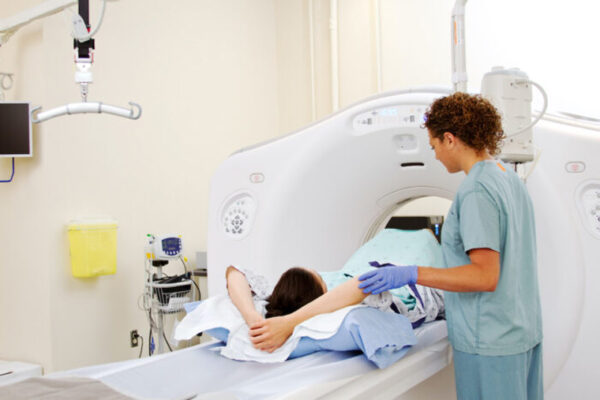Lung cancer is the leading cause of mortality among all cancers in the United States. About 85% of newly diagnosed lung-cancer cases are non-small cell lung cancer (NSCLC), of which up to half are stage 3 at time of diagnosis. Long-term outcomes are poor at this stage, with only 5%-10% of the patients with stage 3B surviving five years after diagnosis.

At the same time, there are multiple options to treat this disease, including chemotherapy, radiation and surgery.
Reliable tumor segmentation is key to quantifying changes occurring within tumors. Abhinav Jha, assistant professor of biomedical engineering at the McKelvey School of Engineering at Washington University in St. Louis, recently received a $493,000 grant from the National Institutes of Health (NIH) to continue investigating ways to automatically identify and segment NSCLC tumors imaged by the widely used positron enhanced tomography (PET) technique — an important first step to someday predicting the effectiveness of therapy in patients with NSCLC.
Read more on the engineering website.


